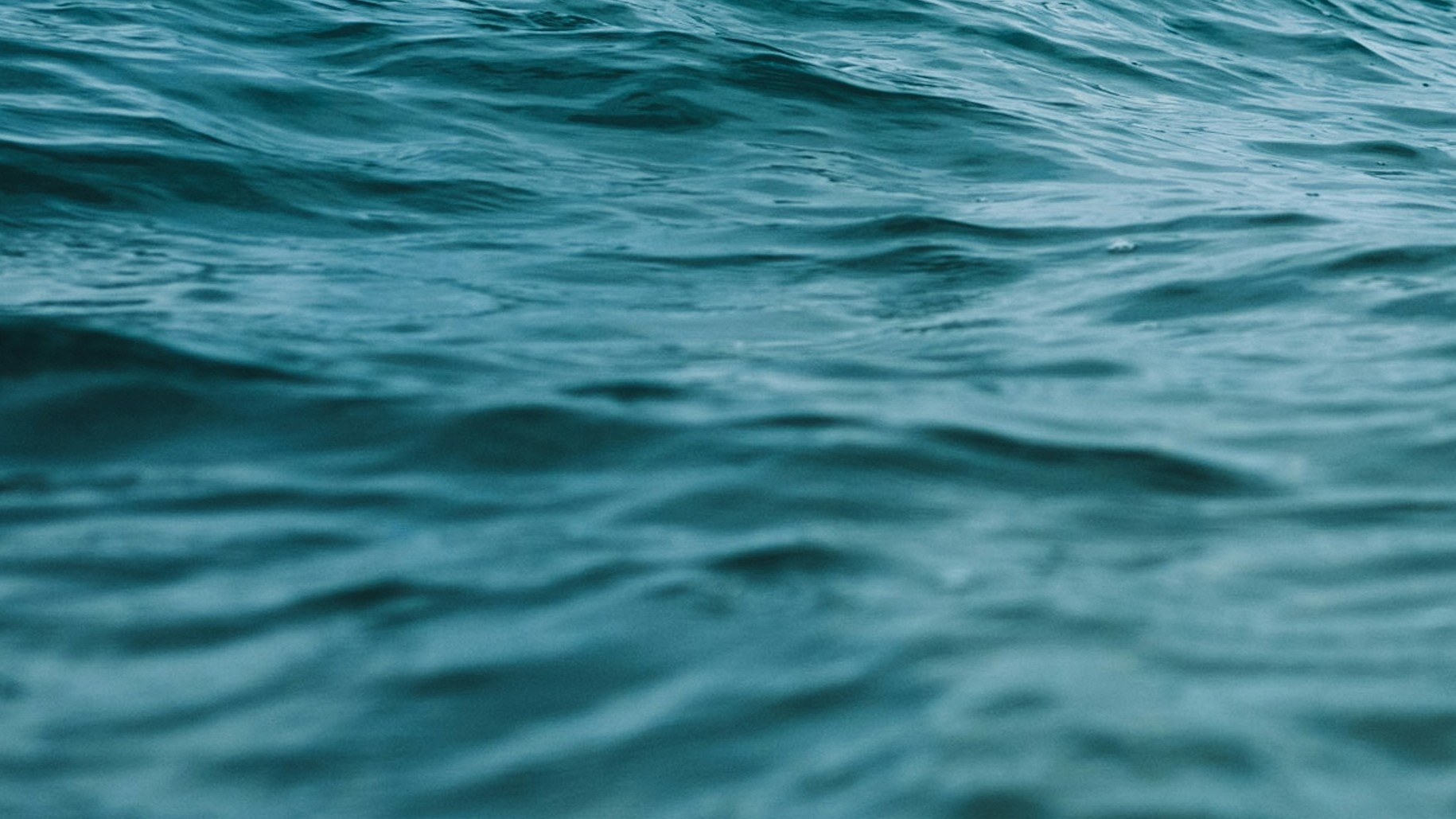The Aotearoa Circle has convened leaders from across government, iwi, industry, finance, research and environmental NGOs to work together on a response. The resulting Seafood Sector Adaptation Strategy is a blueprint to future-proof our marine ecosystems, communities and economy.
While the challenges are real, so too are the opportunities. With purposeful adaptation and shared leadership, Aotearoa’s seafood sector can become a global exemplar: a trusted provider of sustainable protein and a champion of a thriving blue economy.
